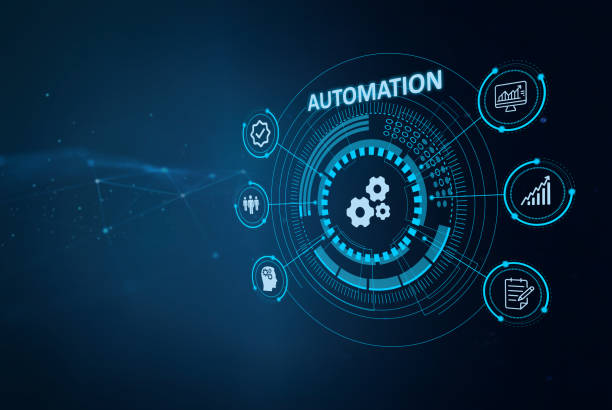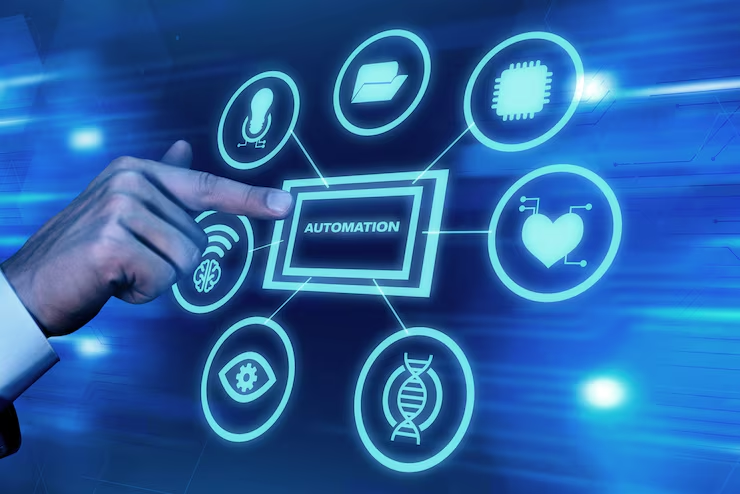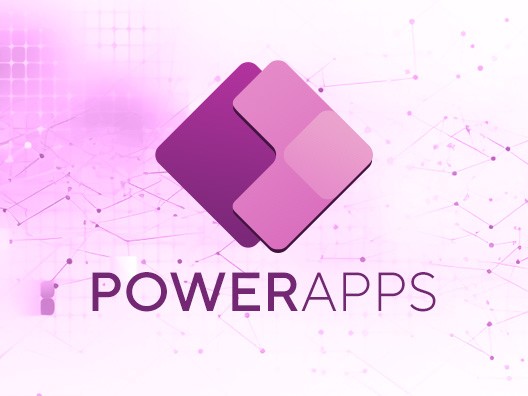The advent of 5G technology marks a significant leap in telecommunications, promising faster connectivity, lower latency, and increased capacity. As industries adapt to these advancements, the implications extend far beyond mere speed. Let’s explore how 5G and its successors are reshaping various sectors, from healthcare to manufacturing.
The Rise of 5G Technology
5G, the fifth generation of wireless technology, offers speeds up to 100 times faster than 4G, with latency reduced to as low as 1 millisecond. This capability allows for real-time data transmission, enabling applications that were previously impractical. According to the Gartner report, 5G is expected to create $13.2 trillion in global economic value by 2035, underscoring its transformative potential.
Key Industries Affected by 5G
● Healthcare
In healthcare, 5G enables telemedicine and remote surgeries, where surgeons can operate on patients from miles away using robotic systems. The technology supports high-definition video consultations and real-time patient monitoring, improving access to care, especially in rural areas.
● Manufacturing
The manufacturing sector is witnessing a revolution with the integration of Internet of Things (IoT) devices. 5G facilitates seamless communication between machines, enhancing automation and predictive maintenance. The World Economic Forum reports that 5G can increase productivity in manufacturing by up to 20%, with smart factories becoming a reality as devices communicate in real time to optimize operations.
● Transport and Logistics
5G's impact on transportation and logistics is profound. Connected vehicles can communicate with each other and infrastructure, improving safety and efficiency. For instance, real-time traffic data can help avoid congestion and reduce delivery times. According to a report by Deloitte, implementing 5G in logistics could lead to cost reductions of 15-20% by optimizing routes and improving fleet management.
- Entertainment and Media
The entertainment industry is also transforming with 5G. The technology enables ultra-high-definition streaming, augmented reality (AR), and virtual reality (VR) experiences. As consumers demand more immersive content, 5G allows for seamless delivery of high-quality media, enhancing user engagement.
● Smart Cities
5G is crucial for the development of smart cities, where connected devices improve urban living. From smart traffic lights to waste management systems that optimize routes for collection, 5G facilitates the integration of various city services. Ericsson estimates that smart city solutions could save major cities of the world up to $2.5 trillion in operational costs by 2030.
Beyond 5G: The Future of Connectivity
As we look beyond 5G, technologies like 6G are already being researched. Expected to roll out around 2030, 6G will enhance connectivity further, potentially offering terabyte-per-second speeds and even lower latency. This evolution will open new avenues for innovation, particularly in AI and machine learning applications.
The implications of 5G and advanced network technologies are profound, driving transformation across industries. From revolutionizing healthcare to enabling smart cities, the impact of faster connectivity is only beginning to be felt. As we move towards a more connected future, businesses must adapt and innovate to harness the full potential of these technologies.
By embracing these advancements, industries can position themselves for success in the fast-evolving digital landscape.
Sources
- (2021). “The Economic Impact of 5G.”
- McKinsey & Company. (2020). “Telehealth: A New Era of Healthcare.”
- World Economic Forum. (2020). “The Future of Manufacturing.”
- (2021). “The Impact of 5G on Logistics.”
- (2021). “AR and VR Market Forecast.”
- (2021). “Smart Cities: The Future of Urban Living.”







